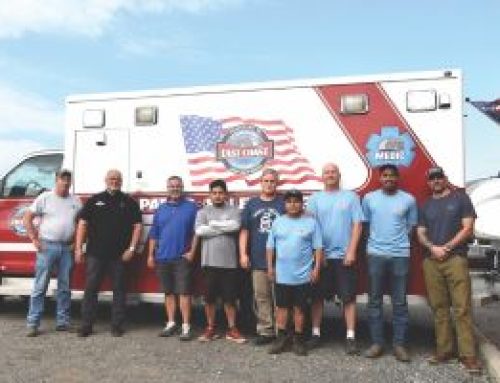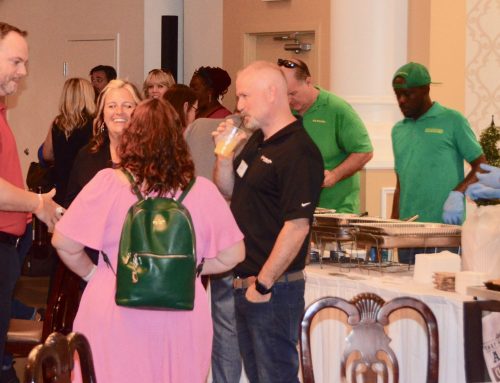On Monday, June 10, the UMES Extension will host its first Traveling Agritourism Workshop, which features a visit to Blades Orchard in Federalsburg and Emily’s Produce in Cambridge.
While the area of focus is not new to the UMES Extension, the tour, which also includes a workshop, is just the first of many events that are planned to provide local farmers with the connections they need to be successful.
This tour and workshop will focus on multiple points including organizing “u-pick,” farm diversification and marketing and seasonality challenges in relation to preparation. Managing visitors, liability issues and tax concerns will be addressed in regards to the operation and follow-up considerations.
Pre-registered participants will meet at the Henson Center on the UMES campus in Princess Anne. Breakfast and registration is from 6:30 to 7:30 a.m. followed by an 8 a.m. departure. Lunch will be provided by Emily’s Produce along the tour route. The estimated return time is 5:30 p.m.
The workshop is part of a larger, growing movement of agritourism that was officially defined by the State of Maryland in 2018 as “an activity conducted on a farm offered to the general public or guests for education, recreation or active involvement in farm operations,” according to Maryland Code, Land Use § 4-212: Section 4-212. In addition to bringing more knowledge to the general public, agritourism offers an opportunity for farmers to exchange knowledge, collaborate on strategies and share common struggles and solutions.
Specific to the workshop in June, the audience that could benefit from the tour is vast and includes operators/farmers, policymakers, researchers, educators, young professionals and students interested in a future in agriculture.
Engaging small and minority farmers due to the challenges they face for sustainability is a goal for Dr. Prem B. Bhandari, Agritourism and Value-added Agricultural Marketing Specialist at UMES Extension.
“This event will also fulfill the institutional goal of, ‘educating citizens to apply practical, research-based knowledge to critical issues facing individuals, families, communities, the State and our global partners’,” Bhandari emphasized.
There are multiple goals for this workshop, which focuses on standard practices, the exchange of knowledge between farmers and the interaction to facilitate the exchange.
Participants will be able to observe Good Agritourism Practices (GAP) when visiting farms. There will also be an opportunity for peer-to-peer interaction while discussing challenges and successes. Ultimately, the host farmers will educate participants as they share their operations.
Bhandari explains that, “although the UMES Extension has a long experience of organizing farm tours, this is the first event of its kind in agritourism, solely focusing on a farm tour with a workshop.”
The workshop evolved from a half day farm tour in December 2022. The feedback from that tour influenced the upcoming workshop and will serve as a guide for future events. Those who can not make it to the workshop in June will have plenty of future opportunities.
“The Agritourism Program — a newly established program here at UMES Extension — has a plan to organize in-house capacity building trainings and workshops on a regular basis for agritourism operators to address challenges and problems facing operators using the evidence-based information,” Bhandari said.
For individuals who can’t join a touring trip, online content is being developed to provide alternative learning options. Look for the 2024 Maryland Agritourism Conference, which launched last year.
Diversifying farms through agritourism is a new way farms can achieve sustainability beyond food growth. However, as a new sector of revenue, there are economic challenges, which farmers can work through together by sharing their experiences.
“A concerted effort from policymakers, academia and practitioners is required to enhance and promote agritourism in Maryland,” Bhandari added.





